Justice Still Out of Reach for Marginalised Survivors of Sexual Violence, Say Experts at National Consultation
Kathmandu, Aug 1 – Despite ongoing legal reforms, survivors of sexual violence in Nepal—particularly from Dalit, Indigenous, Madhesi, Muslim, and disabled communities—continue to face systemic barriers and deep-rooted stigma, a national consultation in Lalitpur concluded on Thursday.
The event brought together over 30 representatives from civil society, legal and media sectors, and marginalised groups. Participants unanimously voiced concerns over the persistent culture of silence, victim-blaming, and the failure of the justice system to respond adequately to the needs of survivors.
“There is still a prevailing culture of silence when it comes to cases of sexual violence,” said senior advocate Meera Dhungana. She cited poor law implementation, economic insecurity, and inadequate state support as key factors discouraging survivors from reporting abuse.
While acknowledging recent legal reforms—including the extension of the statute of limitations for rape cases—attendees criticized the lack of survivor-centric policies and weak enforcement mechanisms.
“We face barriers at every level,” said a disability rights advocate, pointing out inaccessible courtrooms and the absence of sign language interpreters. Others stressed the importance of mental health care, legal empowerment, and economic support for survivors—areas often neglected by current policies.
Participants called for better collaboration among organizations working on women’s rights, disability, and caste- and ethnicity-based justice. They emphasized the urgent need for disaggregated data to guide inclusive policy-making.
“This moment demands more than reflection. It requires transformation,” said Upasana Rana, Executive Director of Women for Human Rights (WHR), advocating for survivor-led justice reforms. Julie Thekkudan of Equality Now added that addressing intersecting inequalities is essential for true progress.
Nirmala Sharma, Chairperson of the Federation of Nepali Journalists, underscored the media’s role and urged both the state and civil society to prioritize decisive action. “Actions must be prioritized to deliver results,” she said.
According to Nepal Police data, 2,507 cases of sexual violence were reported in 2023–24, up from 2,380 the previous year. Dalit and Indigenous women, as well as women with disabilities, remain disproportionately affected.
The consultation was co-hosted by Equality Now and the South Asian Movement for Accessing Justice (SAMAJ), in collaboration with WHR, FEDO Nepal, and the Forum for Women, Law and Development.



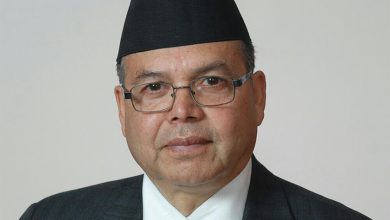
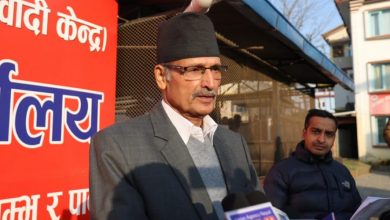
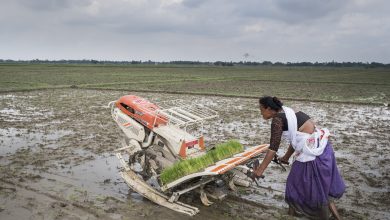
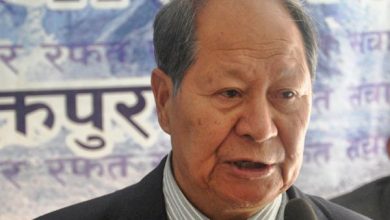

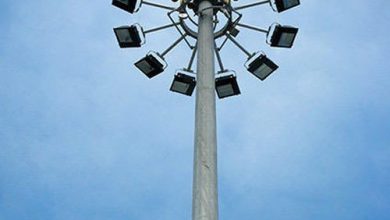
Comments